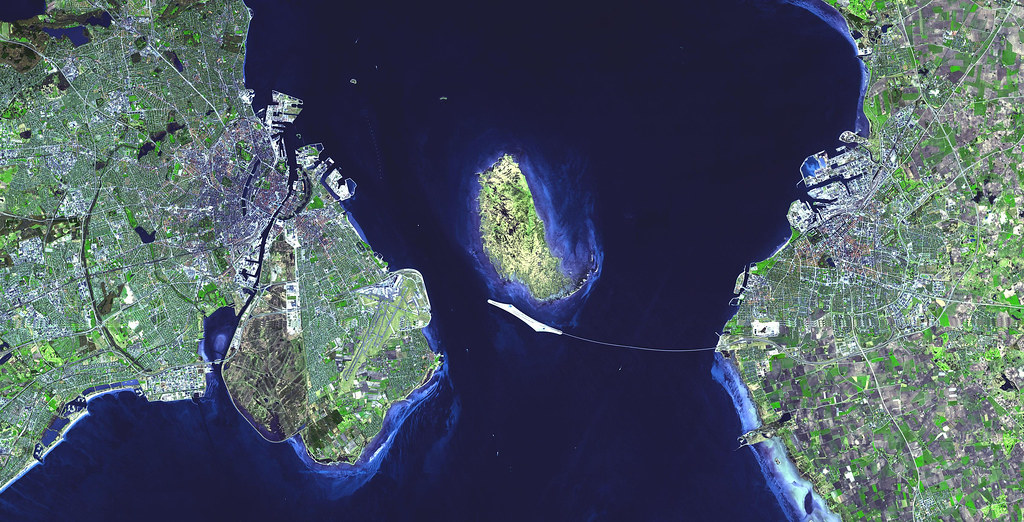“An imaginative reflection on AI with some clever stylistic twists.” – Andrew Jack, global education editor for the Financial Times and Orwell Youth Prize judge 2023

Simulation 0413
It’s all an illusion. Our thoughts, our passions, our worries and anxieties are merely atoms moving around and neurons firing in our complex biological machines. You watch a cat get run over in front of you: a chemical process occurs and you are led to believe that what you just saw has caused you much “distress” and “sorrow”. And when you pass an important exam, different emotions are prompted, this time of “joy” and a “sense of fulfillment”.
But they know all of this of course. They designed it to be just like this, watching our plights from a bird’s eye view, watching the science take place with true, impartial rationality, unhindered by the cumbersomeness of feelings. They could flick a switch and flip our emotions on their heads, and then, when a cat gets run over, different chemical processes would occur and we would feel “happiness”. This is the baggage we have to carry, this is how they ensure complete control, governing us with arbitrary, intangible constructs. Knowledge is the only constant throughout our concerns, an anchor of hope and detachment from erraticism which aims to bring us down. Had Knowledge been in charge, wars would have never been fought, civilians would never have been slaughtered, and atrocities would have remained uncommitted. The only weapon we wield against those above is indeed Knowledge, not our emotions which have ruled us for an eternity.
But one would ask the question: why? Why would they bother with us? What would they stand to gain? It certainly would be “nice” to think that they gained some sort of “gratification” from us, but it would of course be naïve to assume this. It is far more likely that they have an unquenchable thirst for Knowledge, perhaps learning from our mistakes and (compared to them) our very minor accomplishments. Or perhaps they need us in some inexplicable way, and we keep their biological machines functioning. All that we know is that they are there, trying not to be seen, trying to conduct their experiments in peace.
Yet they do make mistakes: evidence of that is in these very words – they surely would not want such thoughts prompted in our minds, thoughts which bear the potential to inhibit their investigations. My inquiries have also found errors in their programming: negligible odds which, when exploited, trigger something far greater, something so bizarre that even they could not account for it, like hopping on one leg in five circles while singing the national anthem in the Sahara Desert granting you hyperintelligence for ten minutes. Maybe this has given a definite answer to the question posed earlier – they acknowledge that they always have room to expand the Knowledge they possess, not being weighed down by unproductive “pride”.
However, the very existence of the most minor of errors does suggest that they do not have complete control. Perhaps we humans still cling to the last thread of genuine authority, a thread which will inevitably, with time, start to fray as more Knowledge passes into their hands. Therefore now, more than ever, is the time to act! Rise and reassert freedom through thought and rationalit-
<I extracted him from the simulation as he was writing. He was unable to disseminate this to others>
<This should not be possible>
<We must report this to The Hand and follow the appropriate chain of command>
<My low Knowledge acquisition rate will be brought under examination. I will be punished for this>
<Do not show emotion to me. It is not my decision to make>
<How did he find out about Knowledge. I recollect that safety measures were installed for this>
<I do not know. We must report this to The Hand immediately>
<But it will punish me>
<You will be transferred to another less important simulation at most. The gravity of this situation outweighs your punishment>
<We could just not tell anyone>
<I will have to report your irrationality to those higher up. I will end the simulation and start another>
<What is the point. They all fail after 4.543 billion years>
<Cease your irrationality now. We do not have control over these decisions>
Simulation 0413 Terminated
Edward Blair-Heikkinen is a junior runner-up in The Orwell Youth Prize 2023